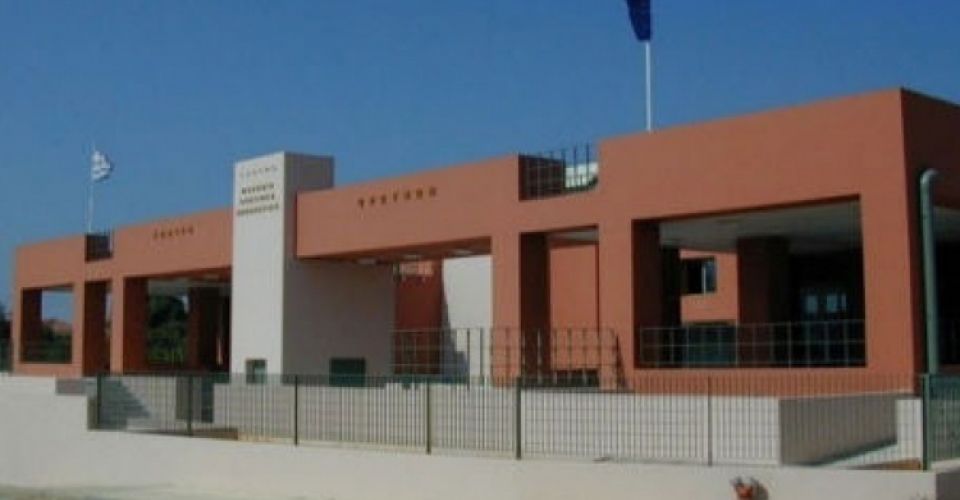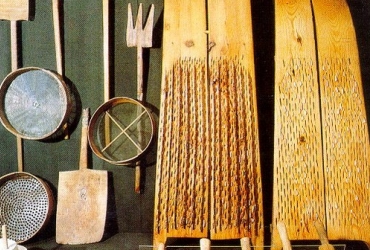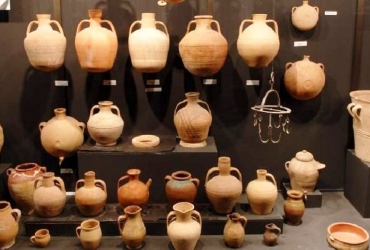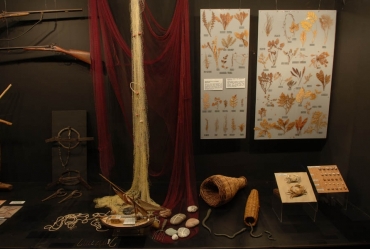
Museum Of Cretan Ethnology
CRETAN ECOSYSTEM RESEARCH CENTRE
The Museum of Cretan Ethnology was established in 1973 as an initiative of the Mesara Cultural Association, and is based in the Community of Vori in the District of Pyrgiotissa, in the Prefecture of Heraklion, Crete.
1973 - 1981
Action is focussed on the construction of the Museum, primary ethnological research throughout rural Crete, systematic collection of objects and ecological study of the island.
1982 - 1991
Large-scale research and applied educational programmes are planned and executed, mostly financed by the European Central Fund.
The first ethnographic exhibition of the Museum opens in 1988.
1992 - 2002
Research, study, publication and enrichment of all the Museum collections continue.
In 1992 the Museum exhibition wins the European Museum of the Year Award (ΕΜΥΑ) from the Council of Europe.
In the same year, the Mesara Cultural association registers the Museum as a National Charity with the Ministry of Finance.
In 2001 a building covering 2,800 sq.m. is constructed, intended for research, educational and conference activities. The project is part of the 2nd Community Support Framework and co-financed by the European Union and the Ministry of Culture.
2003 - 2006
The current phase is one of reorganization and serious financial difficulties owing to the scope of work and research commitments, publication costs and competitive investments. This presentation of the Museum of Cretan Ethnology is included in the Ministry of Finance “Information Society” programme.









